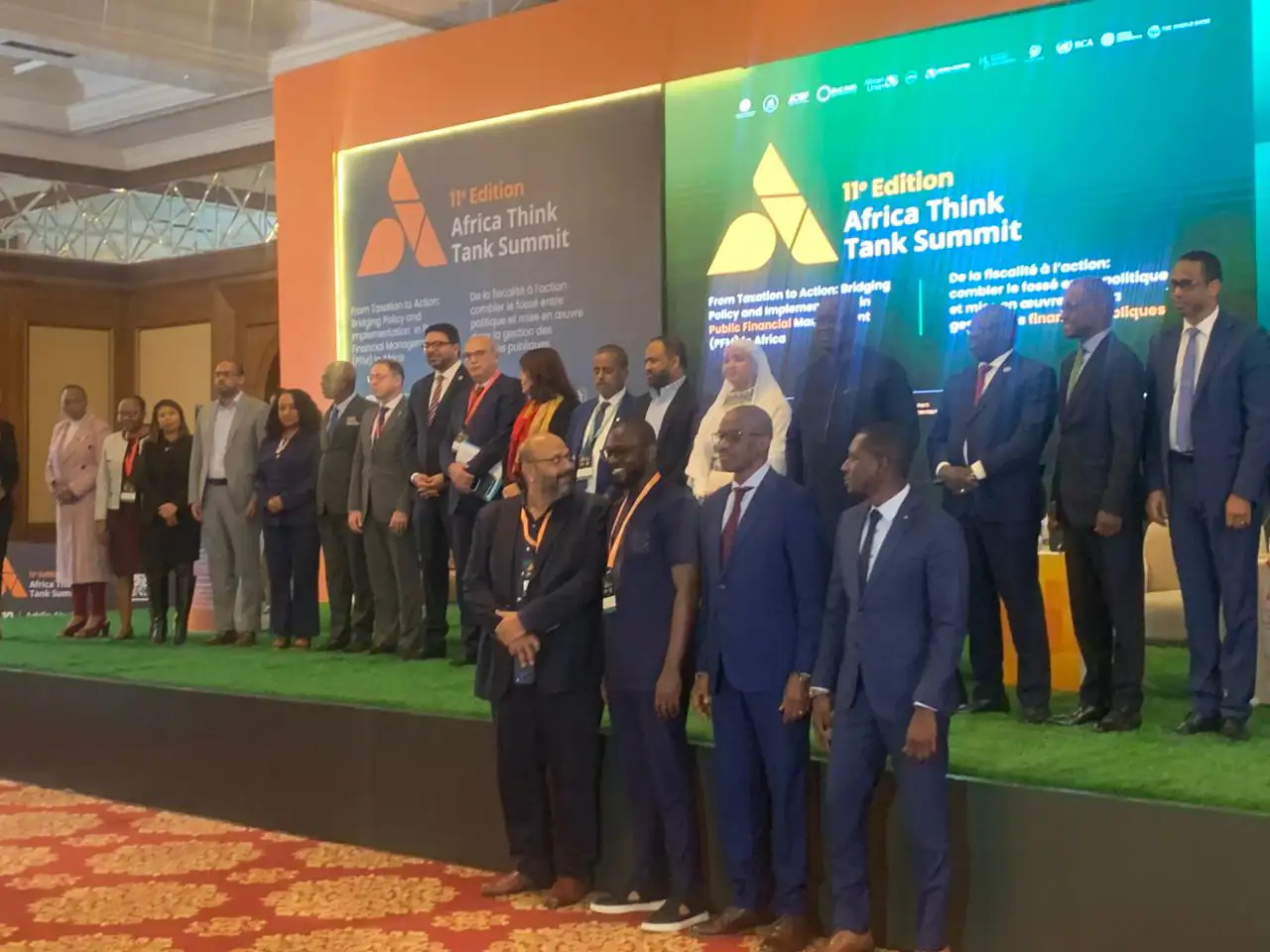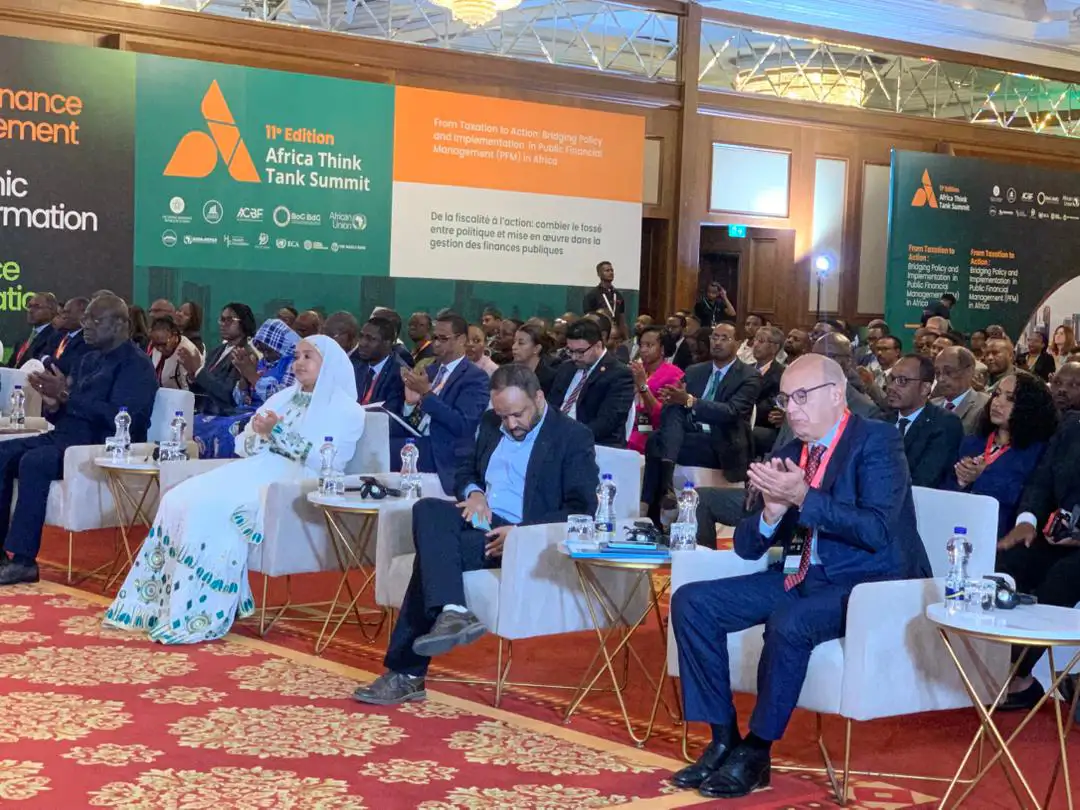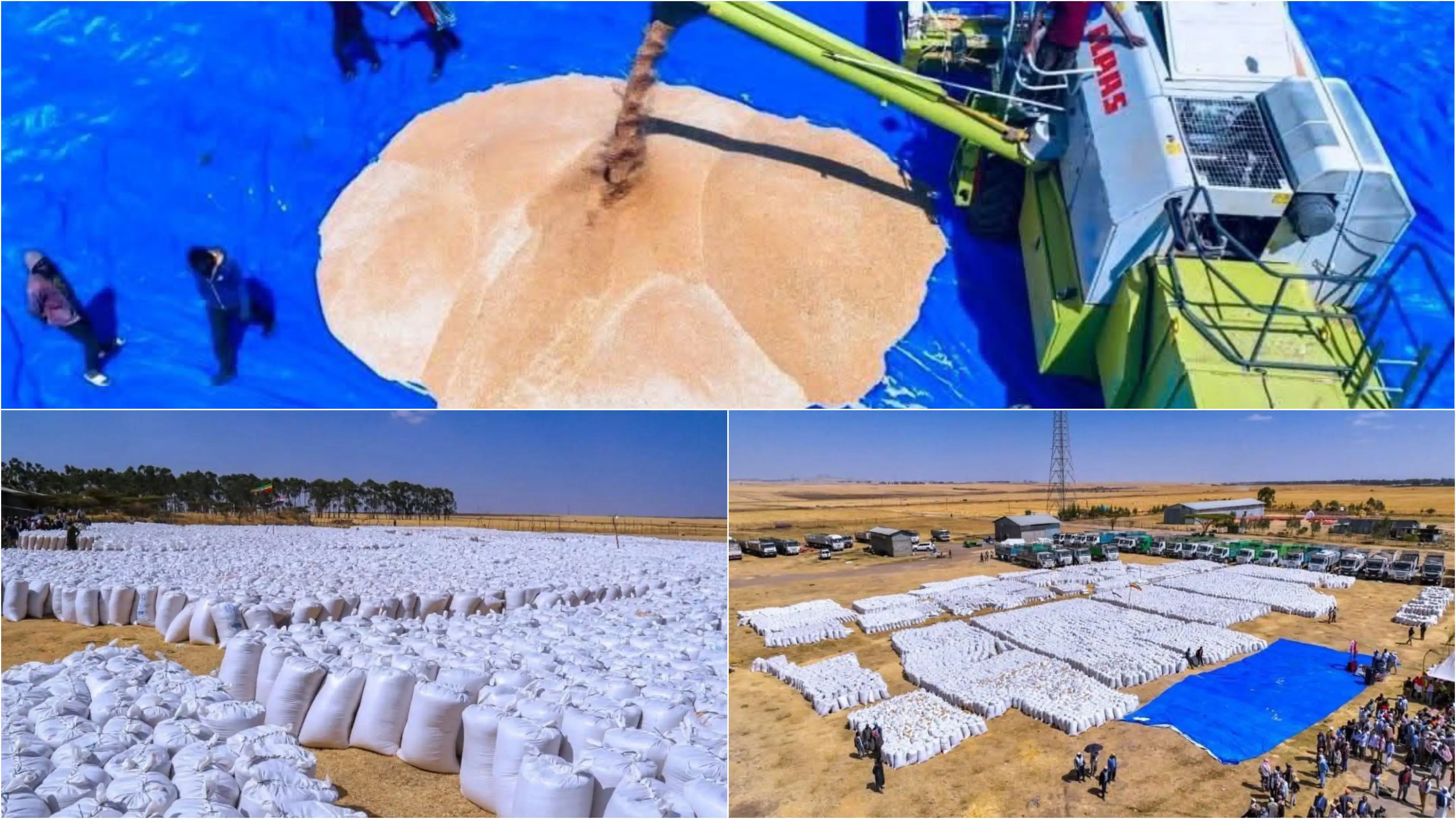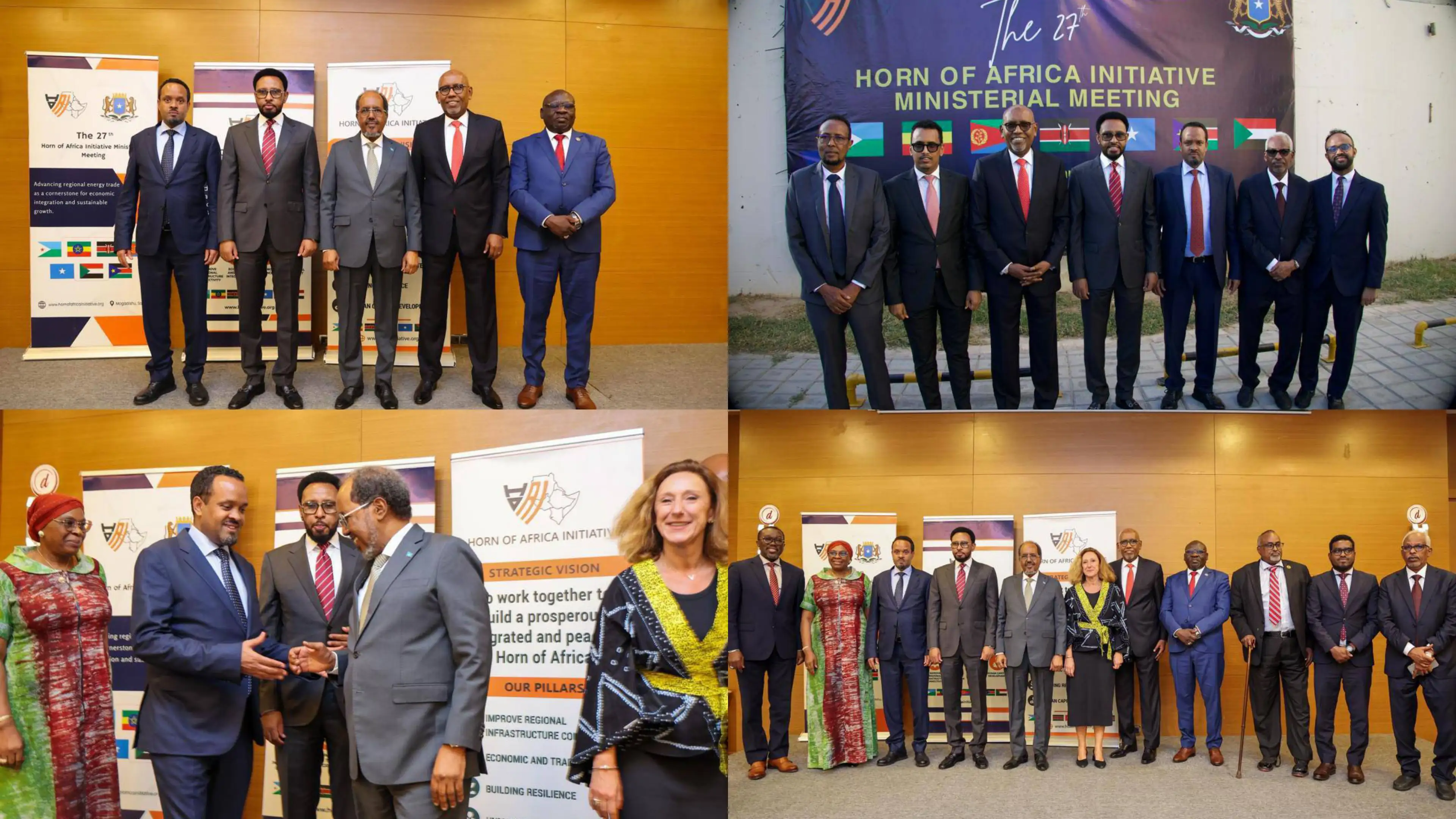By: Kassahun Chanie
Ethiopia’s Minister of Revenue Aynalem Nigussie officially opened the 11th Africa Think Tank Summit in Addis Ababa, Ethiopia, aiming to foster knowledge sharing and policy dialogue.
The three-day summit, held in 2025, focuses on strategies for economic growth and development across the continent. In her remarks, Minister Aynalem highlighted the importance of collaboration among think tanks to address Africa's challenges.
The Africa Think Tank Summit, at which the African leaders and experts gathered in Addis Ababa, has issued a strong call for African nations to prioritize domestic resource mobilization through effective taxation and public financial management (PFM) to achieve economic independence and sustainable development.
The impassioned plea came during the recent 2025 African Leaders' Platform summit, focusing on “Transforming Africa's Vast Natural Resources Through Improved Public Financial Management (PFM),” convened by the African Capacity Building Foundation (ACBF) under the African Think Tank Platform (ATTP) Project.
The summit highlighted the significant gap between policy design and implementation across the continent, with leaders emphasizing the urgent need to move beyond rhetoric and towards concrete action.
Mamadou Biteye, Executive Secretary of the African Capacity Building Foundation (ACBF), speaking at the summit, painted a stark picture of the current situation.
"The 11th Africa and Panasonic summit in Anisabhata highlighted the gap between policy design and implementation in Africa, with 22 countries in debt distress and an average debt ratio of 66.8% of GDP," he stated.
He emphasized the need to strengthen trust between citizens and the state, build sustainable capacity within government institutions, leverage technology to improve tax collection and efficiency, and build resilient institutions capable of managing public finances effectively.
Biteye further noted that African countries currently face significant challenges in domestic resource mobilization. "Tax-to-GDP ratios are often below 15%, compared to 20-22% globally," he explained, highlighting the urgent need for reform.
He stressed the importance of shifting the narrative around taxation. The summit's ambitious goal is to foster a widespread understanding that taxation is not merely a burden but a crucial "covenant between citizens and the state," fueling national development and providing essential public services.

Echoing Biteye's sentiments, Fikadu Tsega, Director General of the Ethiopian Policy Studies Institute, underscored the pivotal role of improved Public Finance Management (PFM) in transforming Africa's vast natural resource wealth into tangible benefits for its citizens. Speaking at the 2025 African Leaders' Platform summit, Fikadu emphasized the necessity to "bridge the gap between policy design and execution, highlighting Africa's abundant mineral reserves and the underutilization of domestic resources."
Fikadu further elaborated on the summit's focus, explaining that discussions revolved around "the importance of robust and equitable tax systems, digitalization, and innovation in enhancing PFM."
He emphasized that effective PFM should be measured by tangible outcomes, not simply budget size, and requires stronger debt management, better public investment strategies, and clear policies on climate resilience and infrastructure development.
He highlighted issues such as tax evasion, public trust, and the integration of the informal sector as critical challenges that must be addressed to unlock Africa's economic potential.
Zadig Abraha, president of the African Leadership Excellence Academy (AFLEX), added a powerful call for African intellectual solidarity. "The conversation emphasizes the need for African nations to transition from relying on external resources to leveraging their own potential," Zadig stated.
He advocated for a shift from mere research to practical application, urging African scholars to lead fearlessly and African investors to produce solutions tailored to the continent's specific needs. He stressed the importance of taxation as a vital instrument of national development, drawing parallels with historical investments made by other regions during their respective periods of growth. "The overarching theme is the necessity of African unity and self-reliance to achieve a renaissance and greatness," Zadig concluded.
The African Think Tank Summit, which has served as a key platform for knowledge sharing and policy dialogue since 2014, continues to foster collaboration, innovation, and actionable solutions to address the challenges facing the continent.
The summit's focus on taxation and domestic resource mobilization through effective PFM is recognized as an area pivotal to achieving fiscal sovereignty, sustainable development, and accountable governance in Africa.




